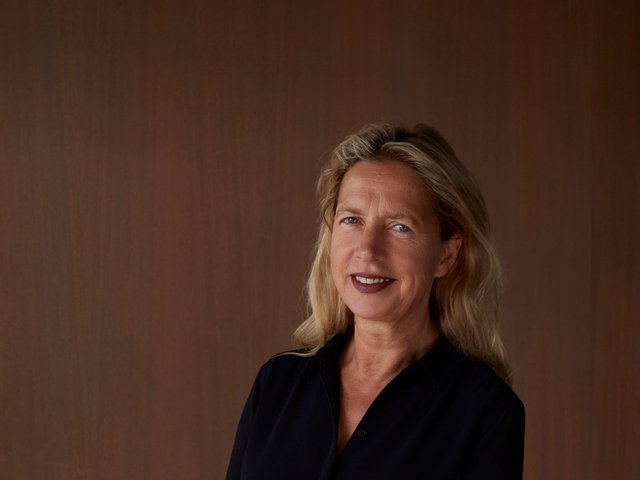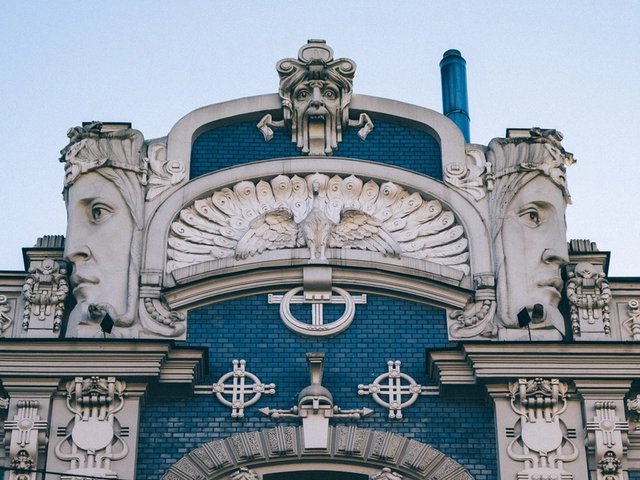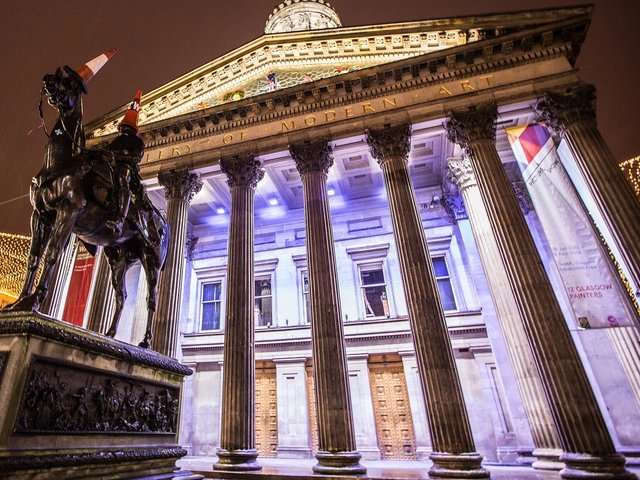When the inaugural Off Biennale Budapest closes today, 31 May, there won’t be any speeches thanking a long list of government officials. That’s because the biennial was organised as a response to “the rampant political interference in the current Hungarian cultural infrastructure as well as the strong dependence of the scene on state funding,” according to a statement.
Hungary’s right-leaning regime has cherry-picked cultural appointees, like museum directors, “loyal to the current government,” says Tijana Stepanović, one of Off’s seven lead curators. “As a consequence,” she adds, “cultural institutions are losing their autonomous position.” Formerly a curator for Budapest’s Ludwig Museum, she is working for the biennial on a pro-bono basis, as are all the other curators, gallerists and artists involved.
The government response has been minimal. It pushed back the opening of the National Salon, a survey of the country's contemporary art production from the past ten years at the state-funded Hungarian Academy of Arts, by a day, apparently so it would not coincide with the biennial's launch. The academy’s president reportedly said that his organisation welcomed a bit of “healthy competition”.
Asked whether the biennial's title was meant to be oppositional, Stepanović says the curatorial team wanted to emulate the spirit of Off-Broadway theater, in particular its departure from the establishment in order to find “its own path, forms of operation, drivers, resources and locations.”
One way it has done this is by avoiding “government-run locations” in favour of a decentralised series of exhibitions and events in more than 130 venues, including art galleries, artists’ studios, vacant buildings, private apartments, bars, cafés, and public spaces. The organisers say around 35,000 visitors have come out to see these various shows since Off opened on 24 April.
The organisers add that another goal has been “to reinforce non-governmental cultural infrastructure and funding” for the arts, a major challenge in Hungary “where there is not a tradition of private or individual sponsorship.” The funding has therefore come partly from international and corporate sources, includes the Budapest-born billionaire George Soros’s progressive Open Society Foundations.




